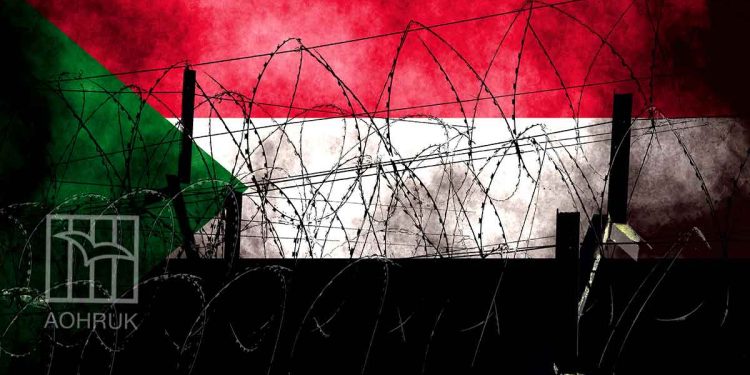Serious violations against civilians continue to take place in Sudan, amid an ongoing war since April 2023 between the Sudanese army and the Rapid Support Forces, which has left a catastrophic humanitarian crisis, which the United Nations described as the largest displacement crisis in the world.
The United Nations Human Rights Office expressed its shock at reports of ethnic killings in Al-Jazeera State. The office stressed the need to open a comprehensive and transparent investigation to ensure accountability for those responsible for these crimes, stressing the importance of taking urgent measures to protect civilians suffering from harsh conditions amid increasing violations.
Meanwhile, the Emergency Lawyers organisation for Sudanese lawyers documented a series of attacks targeting the town of Umm Al-Qura in eastern Al-Jazeera State, where reports indicated that these attacks coincided with the advance of the Sudanese army in the area.
The organisation stated that the army, supported by allied militias, carried out violations that included extrajudicial killings, unlawful detention, and kidnapping, in addition to the physical and psychological torture of civilians during detention.
It also explained that these practices come within the framework of ethnic and regional campaigns targeting certain areas believed to support the Rapid Support Forces, while pointing out to the widespread use of hate speech to increase incitement against civilians in these communities.
In Darfur, western Sudan; the United Nations Migration Agency announced the displacement of thousands of civilians from two towns due to violent clashes between the Rapid Support Forces and the Juba Peace Agreement forces allied with the army.
It stated that thousands of families fled their homes due to the escalation of fighting, which exacerbated the humanitarian crisis in the region.
UN reports indicate that the ongoing war in Sudan since April 2023 has resulted in the killing of tens of thousands of civilians, and the displacement of more than 12 million people internally and externally. More than 30 million people, half of whom are children, are in dire need of humanitarian assistance after 20 months of conflict, amid a complete collapse of basic infrastructure.
The current situation in Sudan reflects the weakness of the infrastructure for the protection of human rights, and the absence of effective accountability mechanisms, which exacerbates the suffering of civilians who find themselves trapped between the parties to the conflict, which calls for an independent international investigation into the violations committed, to ensure that all parties involved in crimes against humanity are held accountable.






























